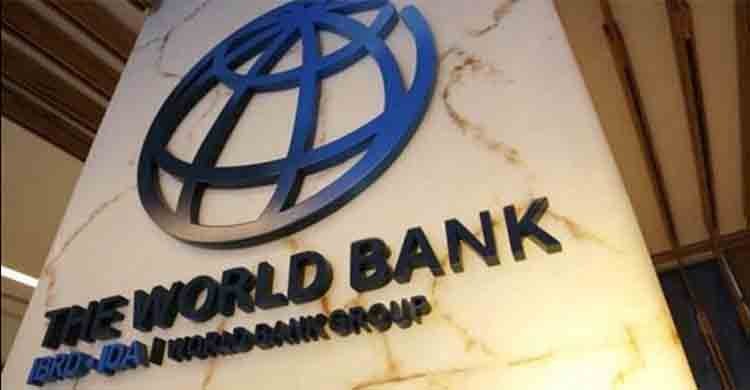WB approves $250m for Bangladesh's environment management
02 December 2022, 07:06 pm | Updated: 22 April 2025, 01:15 am

The World Bank (WB) approved US$250 million financing to help Bangladesh strengthen environment management and promote private sector participation in green investment.
The Bangladesh Environmental Sustainability and Transformation (BEST) Project will support the Department of Environment to strengthen its technical and administrative capacity, said a press release here today.
The project will also support improving environmental regulations and enforcement to curb pollution and improve environmental quality. The project will pilot new financing mechanisms to promote green investments in targeted sectors.
It will also establish a Green Credit Guarantee Scheme to incentivize the financial sector to support green investments to reduce air pollution.
Successful implementation of the project will help the country tackle key pollution issues, benefitting over 21 million people living in greater Dhaka and beyond.
"Bangladesh's rapid economic growth and urbanization have come at a high environmental cost in terms of pollution. Not only that the pollution is impacting our health, but also it is eroding the country's economic competitiveness," said Dandan Chen, World Bank Acting Country Director for Bangladesh and Bhutan.
"The World Bank has been a long-standing partner to Bangladesh in tackling environmental challenges. This project will strengthen the country's environmental institutions to better control pollution and promote sustainable development," he added.
The project will help construct four vehicle inspection centers using private-public partnership modality to inspect about 46,000 vehicles annually. An E-waste management facility will be set up to process 3,500 metric tons of e-waste annually. The project will help reduce over 1 million metric tons of Green House Gas emissions from targeted sources.
"In newspapers, we regularly see reports on Dhaka's high level of air pollution. World Bank estimate shows that in 2019, air pollution and lead exposure are responsible for more than one-fifth of the deaths in Bangladesh, costing about 12 percent of the country's GDP," said Jiang Ru, World Bank Senior Environment Specialist and task team leader for the project.
"Strong environmental regulations and strict environmental enforcement will incentivize the private sector to invest in pollution control and green growth and thus help the country to achieve its target of net-zero emissions by 2050," he added.
The project will also set up a first-ever network of 22 continuous surface water quality monitoring stations to start monitoring of water quality of Dhaka rivers and targeted international rivers in real time.
It will also establish continuous water quality monitoring stations to ensure environmental compliance of selected industrial effluent treatment plants.
The credit is from the World Bank's International Development Association (IDA), which provides concessional financing, and has a 30-year term with a five-year grace period.
The World Bank was among the first development partners to support Bangladesh. In its 50-year partnership with Bangladesh, the World Bank has committed over $37 billion in grants, interest-free and concessional credits to the country. Currently, Bangladesh has the largest IDA program in the world with a total of $15.7 billion commitment to 55 ongoing projects.






















